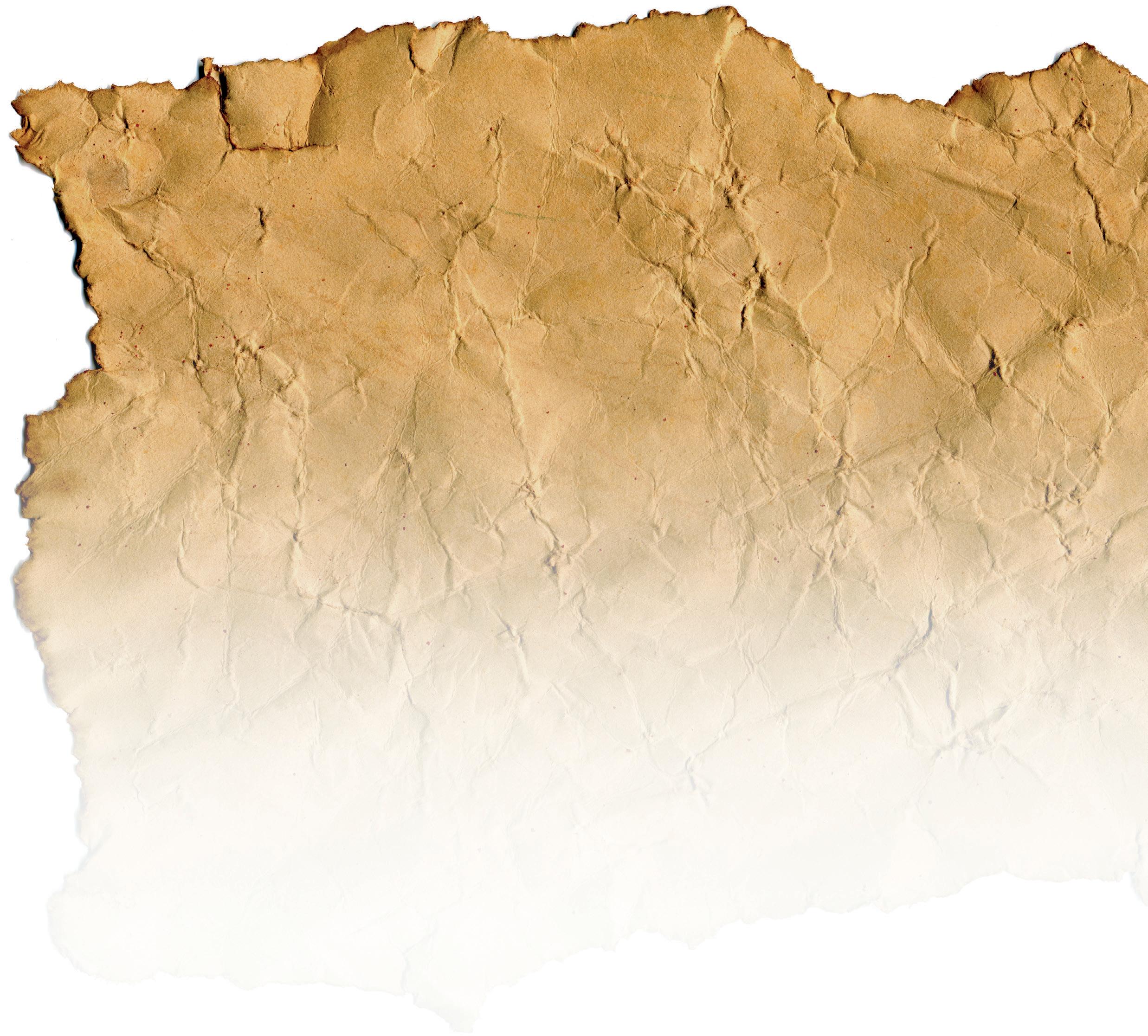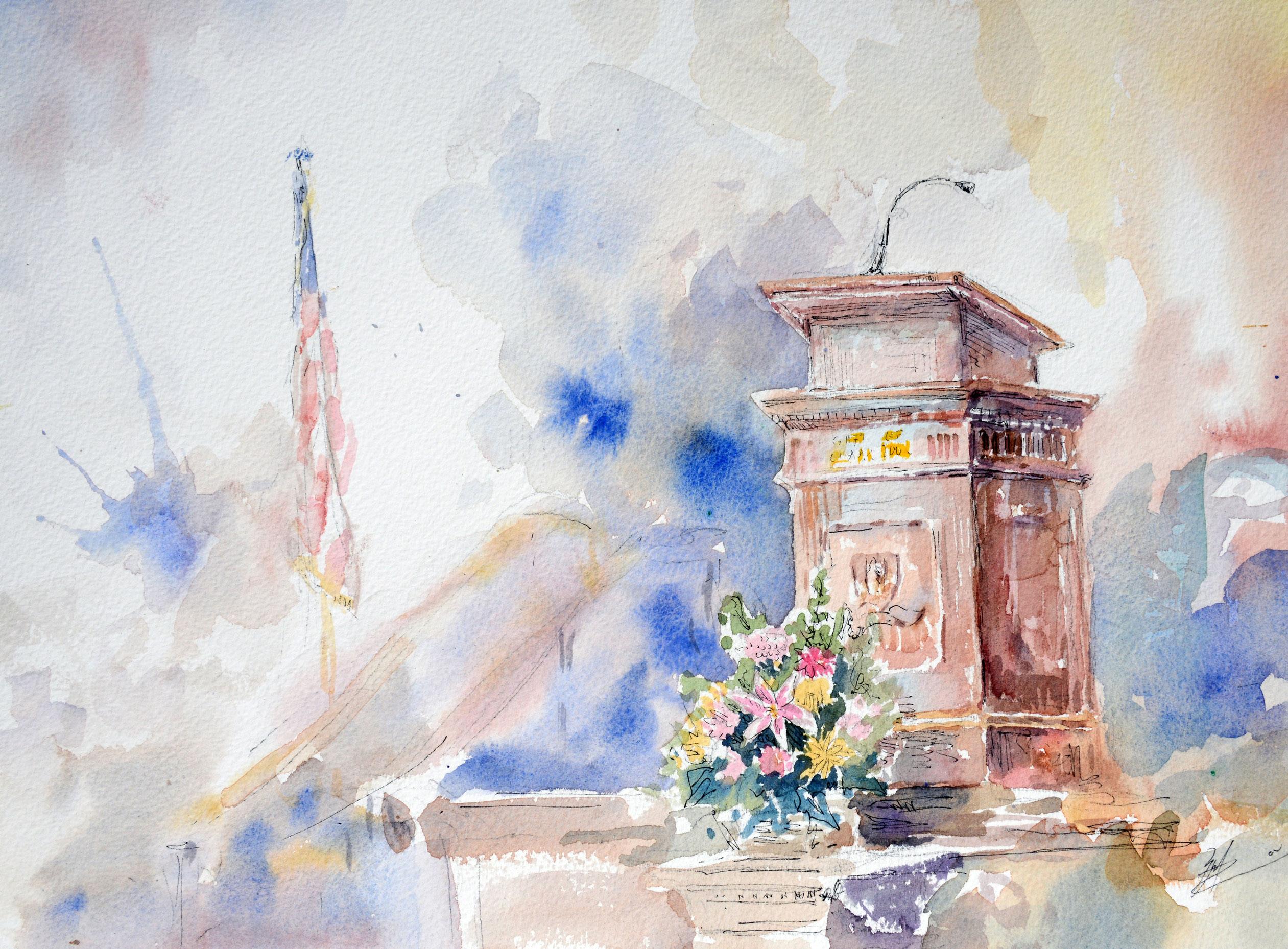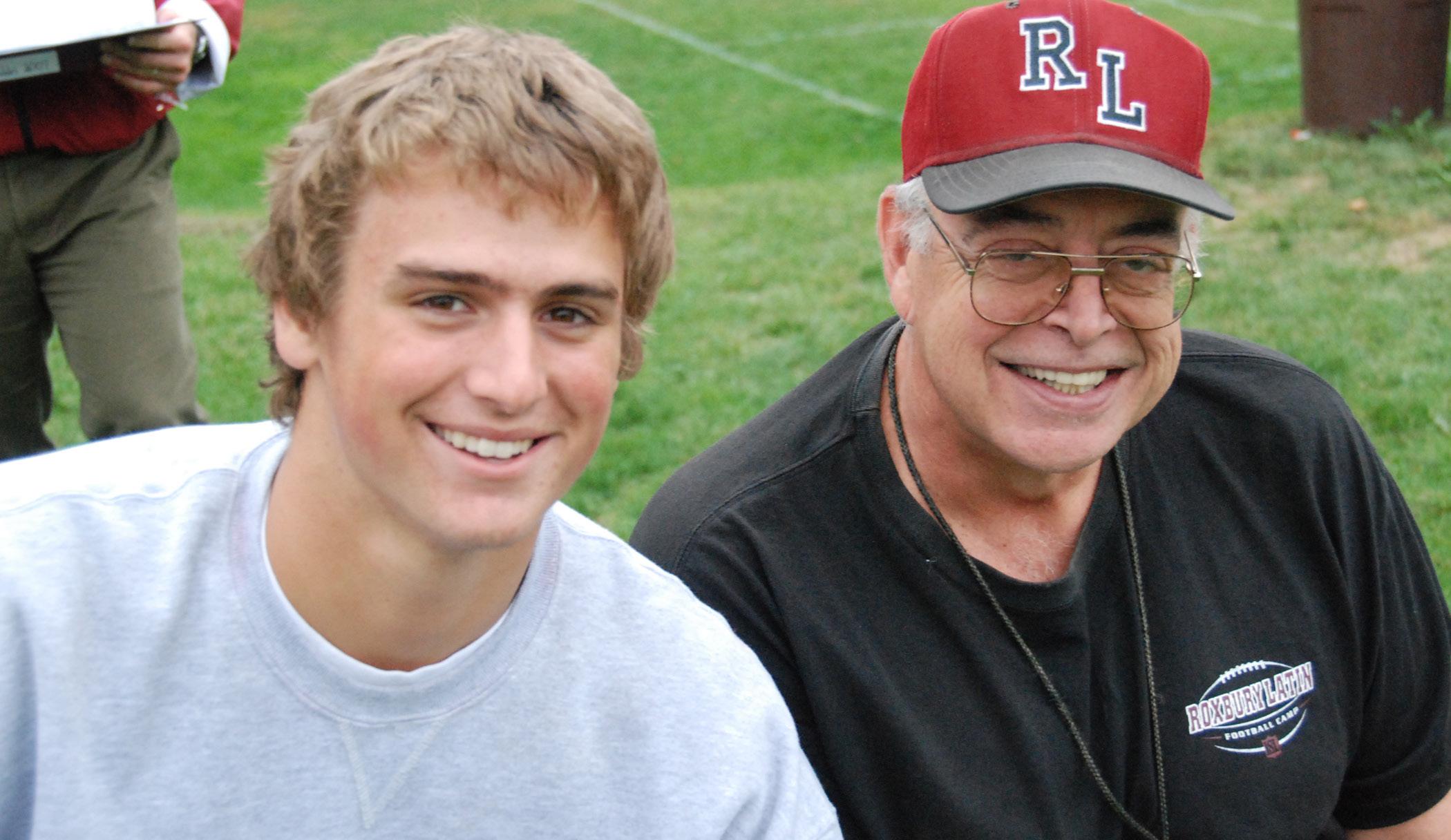
3 minute read
Ramblings from the Archives
from the archives RL’s Musical Legacy
by CHRIS HEATON
Advertisement
One of the joyous occasions lost this winter to the pandemic was the collective singing of Handel’s Messiah—an annual, community event initiated early in the tenure of Kerry Brennan’s headmastership, which began in 2004. Mr. Brennan had been Roxbury Latin’s music director from 1978 to 1986, fresh from Amherst College, where we also got the tune to the Founder’s Song, put into lyrics in 1912 by longtime faculty member Clarence Gleason. When Mr. Brennan first started at RL, he wanted “to offer a different pitch, literally and figuratively” to the choral program. Under his leadership, the Glee Club doubled in size and began its annual performance tours. While Recital Halls have long been a feature of RL, Mr. Brennan sought to bring in more professional musicians to perform for the boys and faculty. He said, “We have the opportunity with the Hall program to have excellence of all kinds, including from professional musicians.” He wants the boys to “develop a standard of musicianship that enables them to appreciate quality music.”

Christmas gift record of Francis Rogers to alma mater.
Handel composed Messiah in 1741 while he was in England, and it was first performed in Dublin the next year. While there were no grads in 1741, two RL boys from the Class of 1740 were then at Harvard. And what a pair they were: Sibley’s Harvard Graduates slams Isaac Bowles as “not a man of regular or sober habits.”1 Perhaps he partnered too much with his RL classmate, Thomas Brinley, a loyalist during the American Revolution, who owned a distillery. Both boys had fathers who served in the Roxbury militia, and Brinley’s eponymous grandfather helped found King’s Chapel, Boston. During the American War of Independence, Brinley fled to Canada, then England, and his property was seized by Massachusetts.2
Messiah was premiered in this country by Boston’s Handel and Haydn Society in 1818, “the oldest continually performing arts organization in the United States.” It’s been performed every year since, making it the longest consecutive annual performance in
continuous existence in....3 There were also no grads in 1818, but William Bradley Dorr, Class of 1817, was then at Harvard with Ralph Waldo Emerson (Harvard Class of 1821). One score later, the latter climbed the literary ladder and wrote Self-Reliance, an admonition that Harvard didn’t take literally when in 1869 it asked Emerson—in effect the class agent—to solicit funds from his classmates, including Dorr. Harvard’s Houghton Library has the letter Emerson wrote to Dorr.4
A century later, Jason Newell Chase, Class of 1922, performed a piano solo at the Closing Exercises of 1918. He dropped his first name and became a noted jazz composer. Another alumnus whose rich, baritone voice would stand out at the Messiah sing is Francis Stetson Rogers, Class of 1887, a noted opera singer and professor at Juilliard, which was founded in 1905. That’s the graduation year of Philip Greeley Clapp, who served as Director of the School of Music at the University of Iowa from 1932 to 1953. He composed twelve symphonies, two of which were performed by the BSO. He also put Helen Keller’s poem “A Chant of Darkness” to a musical score, and during a tour of Europe received “advice and counsel” from Richard Strauss.5 Clapp was from a distinguished Roxbury family. One of his relatives, a former Trustee, bears my all-time favorite RL name: Supply Clapp Thwing.
1Shipton, Clifford. Sibley’s Harvard Graduates, Vol. 11, 1741-1745. Boston: Massachusetts Historical Society, 1960, pp. 365-367.
2“Brinley Family Papers, 1643-2005.” Finding Aid.UMass, Amherst Special Collections and Archives. Web. http://findingaids. library.umass.edu/ead/mums161.pdf.
3“History.” Handel and Haydn Society. Web. https://handelandhaydn.org/about/history/.
4 “Emerson as Fundraiser for Harvard College.” Harvard University’s Houghton Library, Modern Books and Manuscripts. Web. https://blogs.harvard.edu.
5 Holcomb, Dorothy R. “Philip Greeley Clapp.” University of Iowa. Web. https://ir.uiowa.edu/cgi/viewcontent.cgi?article=1342.
Academic, athletic, and artistic enrichment programs—both virtual and in-person—for boys and girls at Roxbury Latin’s 117-acre campus. Kids can play, learn, create, and investigate in more than 20 fun and flexible programs.

Learn more, and join us, at RLSummer.org
101 St. Theresa Avenue West Roxbury, MA 02132-3496 www.roxburylatin.org
Change Service Requested






